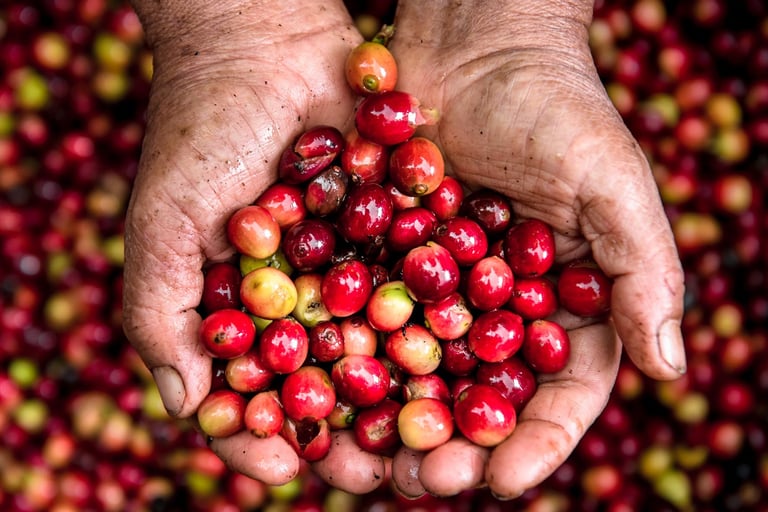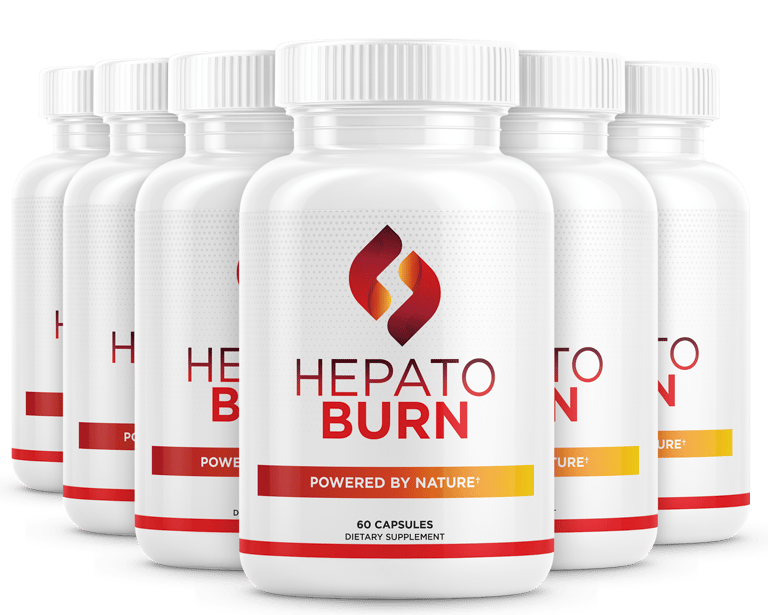



Jumpstart your metabolism and ignite fat-burning power with Hepato Burn
The Unspoken War Within: Why Self-Forgiveness Is the Most Avoided Step in Addiction Recovery
Many recovering addicts stay clean but emotionally stuck, haunted by guilt and shame. This post explores why self-forgiveness is essential yet often avoided—and how embracing it can unlock true emotional recovery and personal freedom after addiction.
TREATMENT & RECOVERY


Introduction: The Recovery Nobody Talks About
Addiction leaves a trail of visible damage—broken relationships, lost jobs, legal problems, and emotional chaos. But even after the substance use ends, the damage inside the recovering addict often continues. What’s rarely talked about is the internal war—the silent, unrelenting shame, regret, and guilt that doesn’t simply disappear with sobriety.
Self-forgiveness is one of the most critical parts of emotional healing in recovery, yet it's also one of the most feared and avoided. Many addicts can stay clean for years and still feel unworthy, undeserving, and forever defined by what they did during their active addiction.
The Weight of Guilt: Why Addicts Stay Stuck Emotionally
Even after the physical cravings subside, emotional and psychological baggage often remains. Former addicts may wrestle daily with the impact their behavior had on their children, their spouses, their parents, their employers—or even strangers. And while others may offer forgiveness, addicts often refuse to offer it to themselves.
They wear their guilt like armor. Why? Because it feels like punishment is necessary. As if suffering proves they’re sorry. But guilt isn’t the same as accountability. At a certain point, it stops serving recovery and starts sabotaging it.
Without self-forgiveness, emotional healing stalls. And stalled healing leads to relapse—not always in the form of using again, but in the return of self-destructive thoughts, isolation, and despair.
The Psychological Toll: Shame as a Relapse Trigger
Studies in the Journal of Substance Abuse Treatment and other recovery research consistently link unresolved shame and low self-worth to higher rates of relapse. Shame makes people hide. It fuels secrecy, which directly conflicts with the honesty recovery requires.
Many people mistakenly believe that hanging on to guilt is a sign of humility, but it's often just disguised self-hatred. And self-hatred is fertile ground for addiction to grow back.
Worse, unresolved guilt becomes a permanent identity: “I’m just a bad person who used to use.” That identity erodes any chance of healthy self-esteem, and without self-esteem, recovery is fragile.
The Path to Self-Forgiveness: A Hard but Necessary Road
So how does someone in recovery actually begin to forgive themselves?
1. Radical Honesty
The first step is acknowledging what happened—truthfully, fully, and without excuse. This is not to justify, but to take responsibility. Real healing requires the addict to look at their actions without minimizing the harm they caused.
2. Making Amends with Integrity
Step 9 in 12-step programs involves making direct amends wherever possible. When approached with sincerity and patience, amends can open the door to closure—for the other person and the addict. But amends aren’t always possible. In such cases, living amends—changing behaviors and being of service—can be just as powerful.
3. Accepting You Are No Longer That Person
Self-forgiveness hinges on one truth: you are not the same person you were in active addiction. You’ve done the work. You’ve made changes. Your past doesn’t define your present. But unless you embrace that truth, your past will continue to rob you of your future.
4. Therapeutic Support and Spiritual Growth
Professional counseling or trauma therapy is often essential. Many people struggling with addiction have layers of trauma underneath their guilt. Forgiveness work is deep and difficult, and often requires guidance. For those in spiritual recovery, faith and connection to a higher power can offer the grace they cannot yet give themselves.
The Ripple Effect of Self-Forgiveness
When addicts begin to truly forgive themselves, something profound happens: they start showing up for their families. They become better parents, partners, friends, and contributors to their communities. Their self-worth increases. Their relapse risk decreases. Their capacity to love and be loved grows.
And that’s what recovery is all about—not just staying sober, but becoming whole.
Final Thought: Letting Go Isn’t Weakness—It’s Strength
Forgiving yourself doesn’t mean pretending it didn’t happen. It doesn’t mean those you hurt owe you anything. It doesn’t mean the consequences go away. What it means is that you no longer allow your shame to define your identity.
You are not your addiction. You are not your worst mistake. You are someone who is choosing to live differently—today, and one day at a time.
Letting go is not weakness. It’s the strongest thing a recovering addict can do. And it’s the only way to make sure that the life you’re building now isn’t chained to the life you left behind.






















